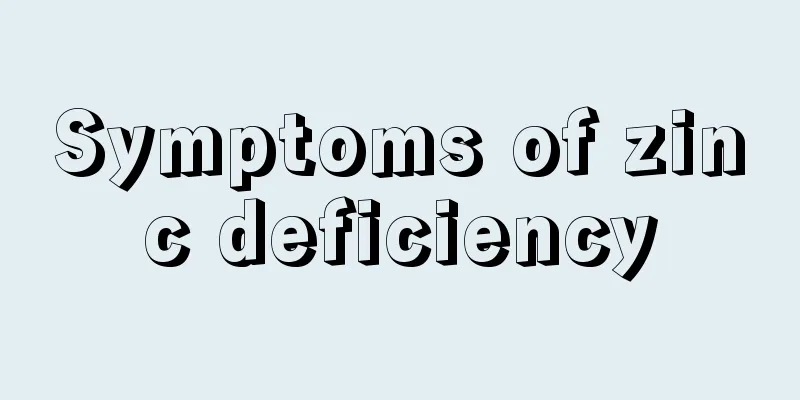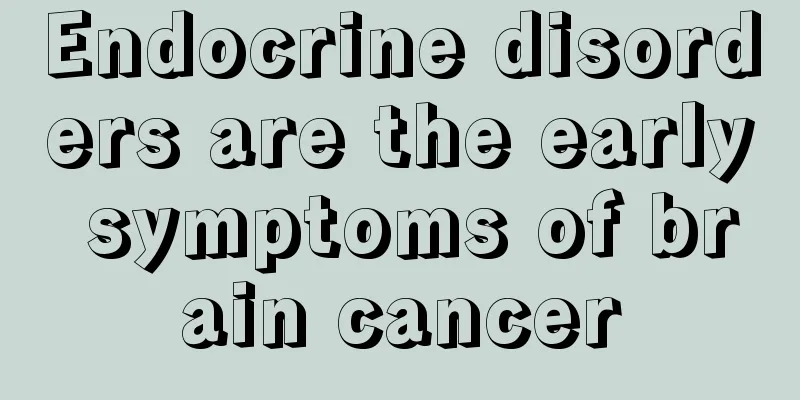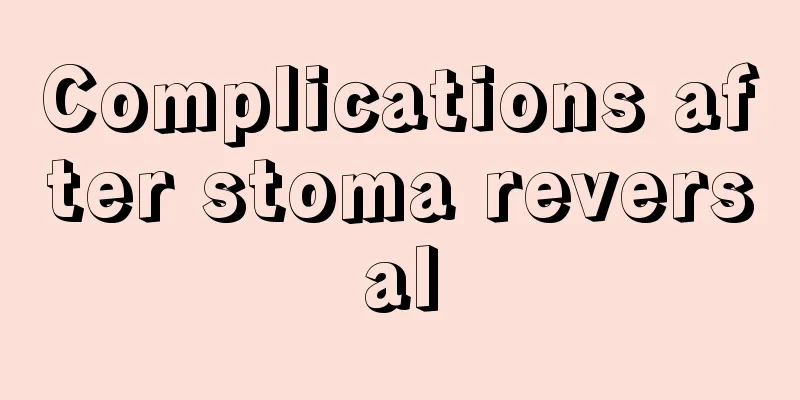Symptoms of zinc deficiency

|
Zinc is a very important trace element in our body and it has many physiological functions. Zinc is closely related to children's growth, sexual development and immunity. For children and adolescents in the growing stage, zinc is an indispensable nutrient, but children are often prone to zinc deficiency and parents cannot discover it in time. We need to know more about the symptoms of zinc deficiency. Many children in our country now have symptoms of zinc deficiency, which is related to their daily diet and the food they eat. There are many manifestations of zinc deficiency, the most common ones are anorexia, picky eating, nail biting, hyperactivity, and slow reaction. Below we look at the common symptoms of zinc deficiency. If your child has three of the following 10 symptoms, he or she may be considered to be zinc deficient. 1. Loss of appetite: picky eating, anorexia, refusal to eat, general reduction in food intake, children do not feel hungry, and do not take the initiative to eat; 2. Eat weird things. For example: biting nails, clothing, chewing toys, hard objects, eating hair, paper scraps, raw rice, wall dust, soil, sand, etc.; 3. Slow growth and development, height is 3-6 cm lower than the same age group, and weight is 2-3 kg lighter; 4. Low immunity, frequent colds and fevers, repeated respiratory tract infections such as tonsillitis, bronchitis, pneumonia, sweating, night sweats, etc.; 5. White spots appear on the nails, hangnails grow on the fingers, and geographic tongue appears (irregular red and white patterns on the surface of the tongue); 6. Hyperactivity, slow reaction, lack of concentration, and poor learning ability; 7. Vision problems: decreased vision can easily lead to night vision difficulties, myopia, hyperopia, astigmatism, etc.; 8. Skin damage: When trauma occurs, the wound is not easy to heal; prone to dermatitis and stubborn eczema; 9. Delayed sexual development during puberty, such as: small testicles and penis, low testosterone levels, and low sexual function in males; late breast development and menstruation in females; late appearance of pubic hair in both males and females; 10. Recurrent oral ulcers. Zinc is one of the most important trace elements among the 14 essential trace elements for the human body. It has many physiological functions, participates in the synthesis of many enzymes, nucleic acids and proteins, and is closely related to children's growth and development, immune function and sexual development. Therefore, zinc has more important nutritional value for children and adolescents who are growing and developing rapidly. So what are the symptoms of zinc deficiency in children? What are the ways to prevent zinc deficiency in children? Although zinc is an essential trace element for the human body, it cannot be synthesized in the body and can only be provided by external food. A survey on the daily zinc intake of children aged 1 to 6 years old showed that the daily zinc intake only reached 50% of the dietary supply standard, which is far from meeting the needs of children's growth and development. That is, many children do not get enough zinc from their daily food. Zinc deficiency may cause symptoms such as loss of appetite, anorexia, chronic diarrhea, slow growth and development, mental retardation, low immunity, and increased chance of infection. If you find your child has the above symptoms, please go to the hospital to determine whether it is caused by zinc deficiency. The main reason for zinc deficiency among children in my country is that urban children consume too much refined food, while rural children consume too little animal food. In other words, unreasonable dietary structure is the main cause of zinc deficiency in children. Therefore, prevention of zinc deficiency mainly depends on adjusting the dietary structure. A well-structured diet provides the human body with approximately 10 to 20 mg of zinc per day. The recommended zinc intake for primary school students aged 6-10 is 13.5 mg/day. The recommended zinc intake for boys and girls aged 11-13 is 18.0 and 15.0 mg/day respectively, and the recommended zinc intake for boys and girls aged 14-17 is 19.0 and 15.5 mg/day respectively. Therefore, if the diet structure is normal, there will generally be no zinc deficiency. Children's growth and development is particularly important. Parents should be aware of the importance of zinc. If symptoms of zinc deficiency appear, parents must supplement their children with zinc in time. Rather than taking zinc supplements, it is more important to eat more zinc-supplementing foods, so that children can develop good eating habits, not be picky eaters, and not have anorexia, so that children can grow up healthily. |
<<: Tips for getting rid of acne
Recommend
What is the cure rate of breast cancer at the age of 38
When a 38-year-old woman is diagnosed with breast...
What are the ways of tuberculosis transmission
Tuberculosis is highly contagious. In order to av...
What kind of mask is good
In daily life, masks can actually be said to be w...
What can I do if I feel inexplicably irritated
Many people occasionally feel inexplicably irrita...
How to perform radiotherapy for ovarian cancer
Ovarian cancer is a very common gynecological mal...
What is the general cause of lymphoma
Lymphoma is a very serious disease. It will cause...
What to do if the leaves of money tree turn yellow
Nowadays, raising flowers and plants has become a...
TCM diagnostic criteria for gallbladder cancer
Patients with gallbladder cancer lack specific cl...
My stomach hurts when I walk after eating
In our daily lives, some people think that they s...
Nursing routine for advanced renal cancer
Among tumor diseases, kidney cancer is a relative...
Grading of astrocytoma
Astrocytoma is the most common intracranial tumor...
Left embryonic posterior cerebral artery
Embryonic posterior cerebral artery is actually a...
How to quickly recover from a tanned child
Children's skin is relatively delicate. If th...
What are the common symptoms of liver cancer? You should pay attention to these to prevent liver cancer
The main symptoms of liver cancer are upper abdom...
How to remove oil stains from clothes
How to remove oil stains from clothes? We often g...









